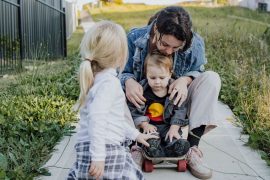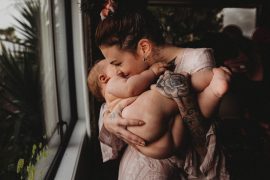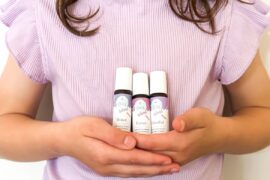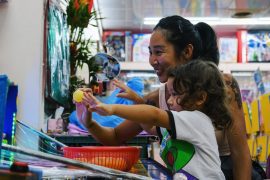By Lelia Schott
I think people struggle the most when they feel alone in their emotions.
When they have no-one they trust to share their thoughts and dreams with, or empathise with their most uncomfortable feelings, mistakes and experiences.
Having a trustful, compassionate person to share your true feelings with is life-changing. It can be life-saving.
Next time you comfort a tearful child, or listen deeply to an angry child, notice how breathing and heart rate decrease, and the body relaxes as they enter into a calmer biological and emotional state.
The more often children experience nurturing in times of distress, the more easily they grow to nurture themselves and others.
Reparenting our inner-child in this same way unshackles us from the cycle we didn’t create and empowers us to be the authors of our own stories.
By extending gentleness to the child within we are able to extend gentleness to the child in front of us. This practice strengthens the adult we aspire to be, and the adult our child will become.
Journalling, breathing slowly, movement, and starting a loving inner dialogue may help to bring awareness to why we are triggered and how to take back our power.
The goal is to help the child feel safe in emotions, comfortable expressing needs and living dependent upon their adult, while practising how to govern their behaviour and grow in interdependence.
You can find your own way of doing this.
This is one way I use:
- Provide LOVING LIMITS or CONNECT to REDIRECT
- LOVE them even when they are angry, sad, disappointed, jealous or insecure.
- CONNECT by empathising with their emotions and validating their experience.
- LIMIT harmful behaviour. “I will put this truck you’re throwing over here and stay close until you feel safe again.”
- REDIRECT by inviting a cuddle, story, drink, bath, swim, music, play or time outside.
When we practise moving ourself through an anxious to anchored state, we feel confident guiding our children through this process too.
When this is done on repeat, children learn to trust adults to emotionally support them until they grow to trust themselves to be emotionally sovereign.
When we can rest safely in relationships then we can grow bravely in resilience. Over time.
We are wanting to be for our children what we needed and need in ourselves.
It can be helpful to write a letter to our Younger Self. Write down when we felt happy and safe and when we felt sad and scared.
Write down anything else that comes to mind.
By sharing our feelings on paper, we may uncover unconscious limiting beliefs we have about ourself based on our younger self’s perspective of situations.
We may discover why we feel triggered by certain behaviour or vulnerable in certain situations.
As we journal, we may realise that we felt unsafe, unloved, unappreciated, unheard, unseen, misunderstood or unworthy.
Our Adult Self needs to remind our Inner Child that we were always worthy of restful relationships, unconditional love, appreciation and the right to feel heard, seen and understood.











